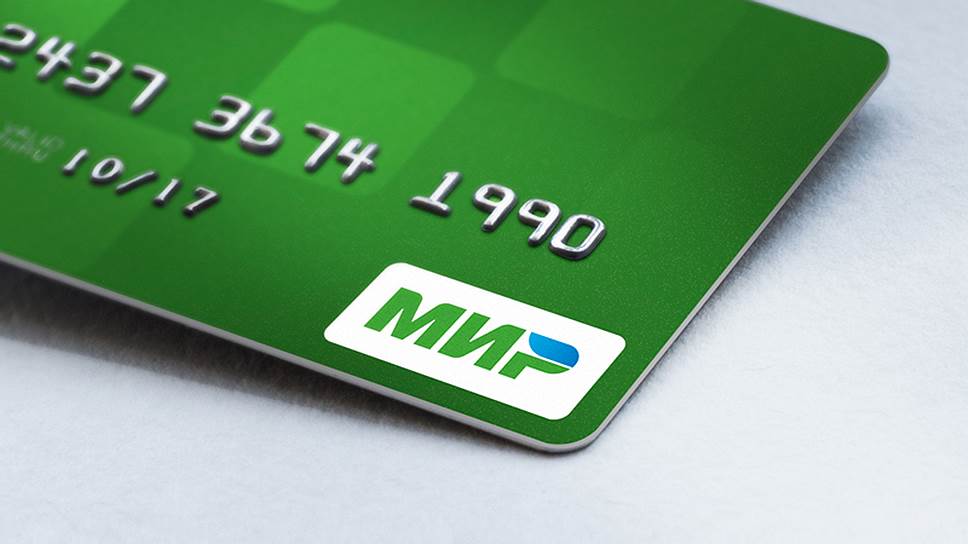The national payment card system has published tariffs and rules

Photo: Press service of JSC "NSPK"
NSPK, the national payment card system, announced a tariff plan, and also published rules for the World card. At the same time, the system tries to provide maximum guarantees of performance of obligations by the participants. In many cases, NSPK has set lower tariffs compared to international payment systems, Kommersant writes . NSPK rules and tariffs are published on the official site of the Mir system.
In particular, the published document indicates the need to create a guarantee fund, to which banks must deposit funds in the amount of a five-day turnover - and this applies to both the issue and the card acquiring. In addition to the deposit, banks are invited to provide NSPK irrevocable guarantees. The system will independently calculate the minimum limits for participating banks.
In order to be able to connect to NSPK, the bank must have the status of a significant player in the payment services market (this is 51 banks), or it must be a direct participant in other socially significant payment systems. Since these criteria do not fall under the banks that were affected by the sanctions, a reservation was made for them, which states: "" their activities or their affiliates are restricted or prohibited outside the Russian Federation due to the adoption of legislative or other acts by foreign states or their associations. " systems are installed and fines. For example, a violation of the rules of the system or the manifestation of regular failures in the hardware and software complexes of banks may incur a fine of up to 500 thousand rubles.
')
As for tariffs, the interbank fees that the acquiring bank must pay to the issuing bank will be fixed. True, not for all cards, but only for debit and prepaid (3-4 rubles). With credit and premium cards it is planned to charge 0.5-2%. Such tariffs, according to some experts, can cause problems of a certain nature. “The debit card commission is very small and kills any methods of stimulating the bank to issue such cards, in other systems it is about 1%,” says Nikolay Smirnov.
“For credit and premium products, a commission of 0.5% is allowed in high-volume trading networks, which makes servicing such cards unprofitable - maintaining a minimum limit, a grace period and charging bonuses,” says the top 30 bank.
However, NSPK leaves the banks the freedom to choose how to establish the size of the commission, which is charged to the point of sale by the acquiring bank. In such a situation, the trade lobby may make acquiring banks reduce trade concessions in proportion to interbank commissions. “This means that servicing of such cards will not be of particular interest for acquiring banks,” said a source in the IPU.
Source: https://habr.com/ru/post/295042/
All Articles